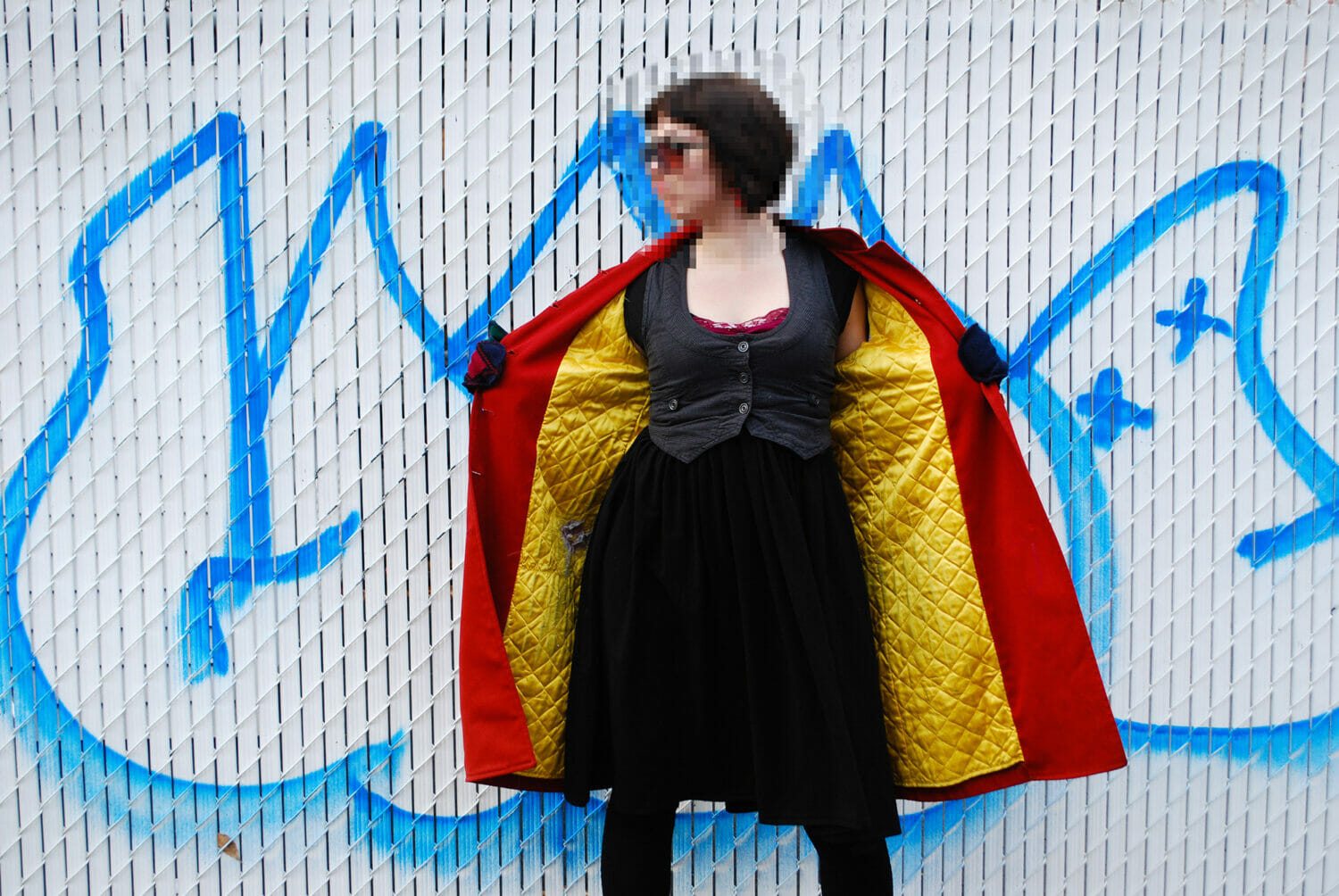
- When we compose words, pictures and symbols to convey our thoughts, we are engaging in authorship (photo by Mel Hattie)
Last week, a dating site mistakenly used a photo of Rehtaeh Parsons to promote their product on Facebook. This unwitting error and zealous media attention means tons of people were reminded just how vulnerable we are in our digital society; nothing is sacred anymore, and we are at constant risk of having our sensitivities transgressed. This has horrified many, and perhaps rightly so. But for me, there has been no shift in my level of paranoia regarding the Internet. While someone who knows me personally may interject by whispering, “He’s always this wound up about privacy,” I think there is a case to be made for putting the current crisis to bed and placing our vulnerabilities to the side—but within easy reach.
First, the sensational image association in the latest chapter of the Rehtaeh Parsons case should not scare you. Here’s what happened: a few months ago a man named Anh Dung opened a dating website to make a profit. He bought advertising on Facebook and used a computer algorithm to hunt through Google Images for pretty girls. The ad was posted with a photo that held no meaning to the advertiser; it was simply a picture of a pretty girl that has received millions of website hits (for reasons he failed to divine, which may be negligent but marginally so). This was not hacking, this was a misunderstanding. We can’t even be sure whether the image of Parsons came from Facebook, a news site, or another source.
The vulnerabilities that have become associated with this hot topic are understandable. Our social and sexual lives, not to mention in many ways our livelihood, are being recorded on the Internet every minute by this social phenomenon called Facebook (and other social media, of course). Not only that, but Facebook perpetuates a spirit of capitalism by allowing advertisers to buy space and post content, and this content is seemingly unregulated by anyone except the impressionable users of the site. We are seeing the Wild West reborn online, a new frontier that is filling quickly and lacks any real possibility for safety—at least the kind we’re used to enjoying in modern Canada. Equal parts exciting and frightful.
A thought regarding the nature of the Web: when we compose words, pictures and symbols to convey our thoughts, we are engaging in authorship. These symbols are broadcast throughout vast networks, and the original thought ricochets unpredictably, setting off chain reactions as people interact with the content. This is the advent of instantaneous publication. Since we are self-publishing our original work, we should feel vulnerable indeed when sending words and symbols off into the realm of thieves and ‘trolls’—those who seek to profit in some way by dredging content and either packaging a sale, or engaging in malicious attacks to hide low self-esteem.
So if you’re feeling vulnerable about the security of your online identity, you should be. If that makes you think twice before posting content, I’m glad, for I wish for us all to be a little more deliberate with our communications and social actions. Yet hear my plea: do not be frightened away from creating and posting original content and personal experiences. If you send content that speaks of enthusiasm, compassion, empathy and encouragement, these can seldom be misused. If you feel strongly about how your content—including images of you and your friends—could be misused, maybe you should dress them up in an album and share them over coffee instead. The Internet will always be better for never having known how to betray you.







